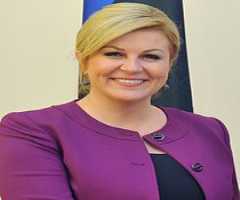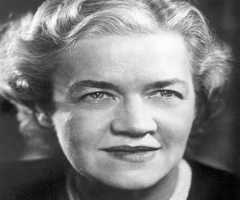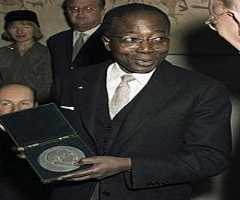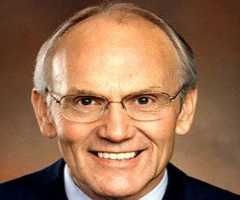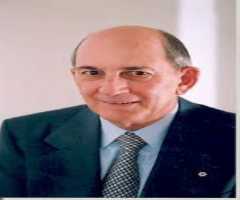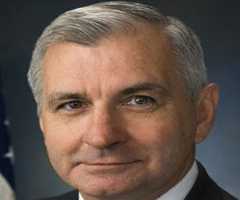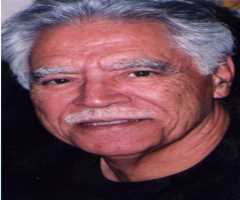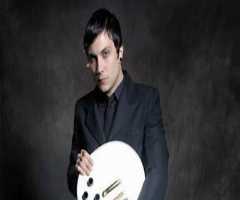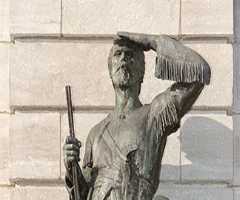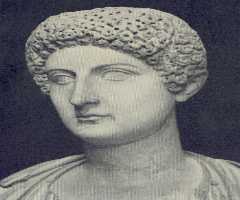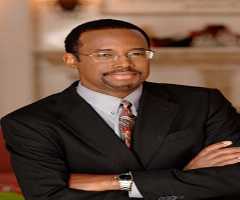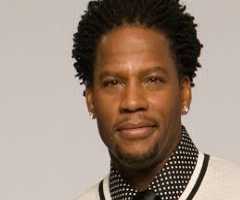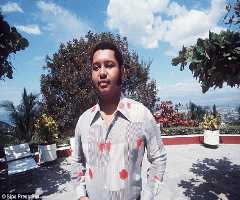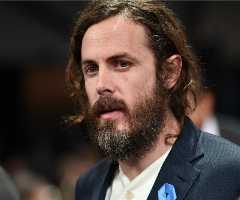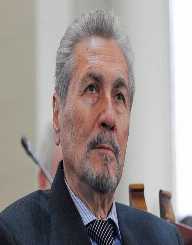
Also Known For : President
Birth Place : Bender, Moldova
Zodiac Sign : Scorpio
Chinese Zodiac : Rabbit
Birth Element : Earth
Emil Constantinescu Biography, Life, Interesting Facts
Emil Constantinescu is a Romanian professor, politician and former president of the counter. Born on November 19, 1939, Emil Constantinescu was the third president of Romania serving a term in office from 1996 to 2000. Emil Constantinescu started a career as a lawyer and shifted to a geologist becoming a professor of geology at the Geology Faculty of the University of Bucharest in 1966. Emil Constantinescu rose to a pro-rector of the University in 1990 ad appointed the rector in 1992 serving until 1996 when he won elections as Romanian president. Emil Constantinescu started his political career by joining the Communist Party of Romania in 1965.
In1989, Emil Constantinescu became a founding member of and vice president of the Civic Alliance after the end of the Romanian revolution. Emil Constantinescu became the acting chairman of the Romanian Anti-Totalitarian Forum that became a center-right political and electoral alliance called the Romanian Democratic Convention (CDR). Emil Constantinescu first contested on the presidential ticket of the CDR in 1992 but lost to the incumbent Ion Iliescu. Emil Constantinescu once again contested against Iliescu in the 1996 general elections and won by nearly ten percent margin. Emil Constantinescu served a four-year term in office facing several challenges both social and economics.
Early Life
Emil Constantinescu was born on November 19, 1939, in Tighina, a place his parents temporary lived. Emil Constantinescu enrolled at the University of Bucharest receiving his law degree in 1960. Two years later after practicing law, Emil Constantinescu had interest in geology and therefore studied in geology graduating in 1966. In 1979, Emil Constantinescu earned his doctorate in geology and geography from the University of Bucharest.
Career
After earning his law degree, Emil Constantinescu started practicing law in Pitesti from 1961 to 1962. Since then found the law practice to involve a lot of compromises and therefore changed his focus to geology. Emil Constantinescu joined the University of Bucharest’sFaculty of Geology as a professor of geology in 1966. In 1990, Emil Constantinescu was appointed the pro-rector of the University and two years later rose to become the rector. He held that position until 1996 when Emil Constantinescu was voted into power as the president of Romania. Emil Constantinescu also served as the president of the National Council of University Presidents in Romania from 1992 to 1996.
Political Career
Emil Constantinescu joined the Romanian Communist Party (PCR) in 1965 along with several other intellectuals with the aim of fostering change from within. During his days at the University of Bucharest, Emil Constantinescu served as PCR cell leader for organisation and propaganda in his department. After the end of the Communist rule in 1989 and the nation geared towards building a democratic state, Constantinescu collaborated with others of his like to champion that course. Emil Constantinescu was part of the 42-day long meeting in the University Square in Bucharest that saw the formation of the University Solidarity.
In 1991, Emil Constantinescu also became a founding member of the Civic Alliance aimed at working towards the consolidation of civil society. The Civic Alliance collaborated with other civil organizations and democratic parties to become the Democrat Convention of Romania (CDR) in 1991.
During the 1992 elections, the party elected him as their presidential candidate but was unsuccessful, losing to the incumbent president, Ion Iliescu. Emil Constantinescu was selected again by the CDR to lead the party in the 1996 elections, which he became victorious and elected as the third President of Romania. Emil Constantinescu won the elections with almost en percent margin during the second round of the elections.
President
Emil Constantinescu admiration was faced with several challenges affecting his intended policy implementation. His policy to modernize and privatize some sectors of the country was curtailed by excessive bureaucracy. Emil Constantinescu was however successful in creating reforms in the judicial system, ensured good foreign policies little success in economic privatization as Emil Constantinescu was able to attract some foreign investors into the country. In 2000 during the end of his tenure, the country was hit by a devastating drought that worsened the economic fortunes of Romania. With the drop in popularity as he was unable to fulfill the promise of introducing a reformist agenda to change and improve the standards in the country, Emil Constantinescu decided not to contest for a second term in office.
After the end of his term in 2000, Emil Constantinescu returned to the academic field and returned to politics in 2002 as the leader of the People’s Action (Ac?iuneaPopular?) party. The party merged with the National Liberation Party in 2008. Emil Constantinescu is the president of the Association of Citizenship Education, of the Romanian Foundation for and a founding member and president of the Institute for Regional Cooperation and Conflict Prevention (INCOR). Emil Constantinescu also works with several NGO’s in and outside Romania.
Awards And Honours
Emil Constantinescu has received several awards and honours including the Order of the Star of Romania, Emblema de Onoare an ArmateiRomaniei("The Romanian Army's Badge of Honor") – 24 October 2012, Order of the State of Republic of Turkey, 1999, and Order of the White Rose of Finland, 1998. Others include,Order of the Elephant of Denmark, 2000, Honorary Knight of the Order of St Michael and St George of the United Kingdom and the Grand Order of King Tomislav by the government of Croatia “for outstanding contribution to the promotion of friendship and the development of mutual cooperation between the Republic of Romania and the Republic of Croatia”.
More Politicians
-
![Kolinda Grabar-Kitarovic]()
Kolinda Grabar-Kitarovic
-
![Stephen Douglas]()
Stephen Douglas
-
![Liaquat Ali Khan]()
Liaquat Ali Khan
-
![Margaret Chase Smith]()
Margaret Chase Smith
-
![Mamadou Dia]()
Mamadou Dia
-
![Larry Craig]()
Larry Craig
More People From Moldova
More Scorpio People
-
![Jack Reed]()
Jack Reed
-
![Rudolfo A. Anaya]()
Rudolfo A. Anaya
-
![Frank Iero]()
Frank Iero
-
![George Boole]()
George Boole
-
![Pierre Gaultier de Varennes, sieur de La Vérendrye]()
Pierre Gaultier de Varennes, sieur de La Vérendrye
-
![Domitian]()
Domitian
